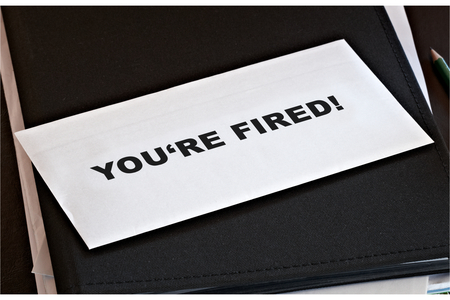Equal Pay Case Fails Before High Court
The U.S. Supreme Court has limited workers’ ability to sue for equal pay violations in a 5-4 decision interpreting the statute of limitations.
The court held today that the time for filing a pay discrimination complaint begins running with the original salary decision and there is not a new violation with each new paycheck, SCOTUSblog reports.
A contrary decision would improperly shift the discriminatory intent associated with prior pay decisions to later decisions made without bias within the limitations period, the court said.
Intent “can be a subtle determination, and the passage of time may seriously diminish the ability of the parties and the factfinder to reconstruct what actually happened,” the majority opinion said.
“We therefore reject the suggestion that an employment practice committed with no improper purpose and no discriminatory intent is rendered unlawful nonetheless because it gives some effect to an intentional discriminatory act that occurred outside the charging period.”
Plaintiff Lilly Ledbetter, who worked for Goodyear Tire Co. & Rubber Co. for 19 years, claimed her annual salary during her last year of employment was $6,000 less than the lowest paid man doing the same work, according to Associated Press.
Justice Samuel A. Alito Jr. wrote the majority opinion in Ledbetter v. Goodyear Tire, No. 05-1074 (PDF posted by SCOTUSblog).
Justice Ruth Bader Ginsburg wrote in dissent that discrepancies in pay gradually become greater over time. “It is only when the disparity becomes apparent and sizable, e.g., through future raises calculated as a percentage of current salaries, that an employee in Ledbetter’s situation is likely to comprehend her plight and, therefore, to complain,” Ginsburg wrote. “Her initial readiness to give her employer the benefit of the doubt should not preclude her from later challenging the then current and continuing payment of a wage depressed on account of her sex.”



